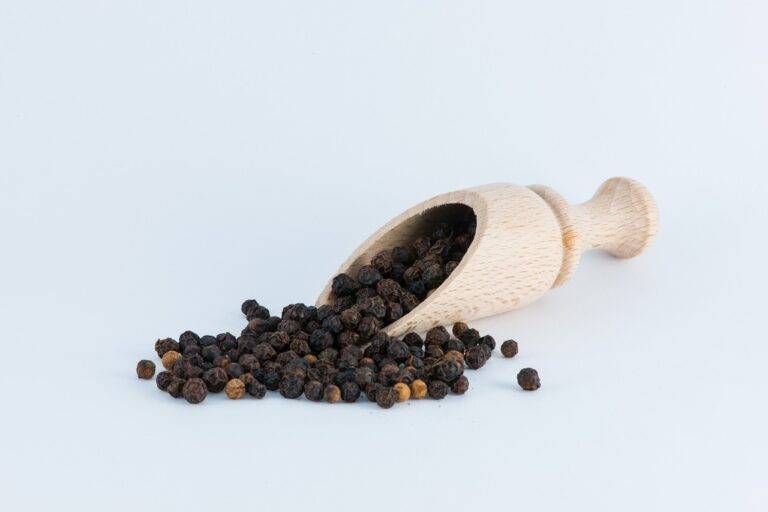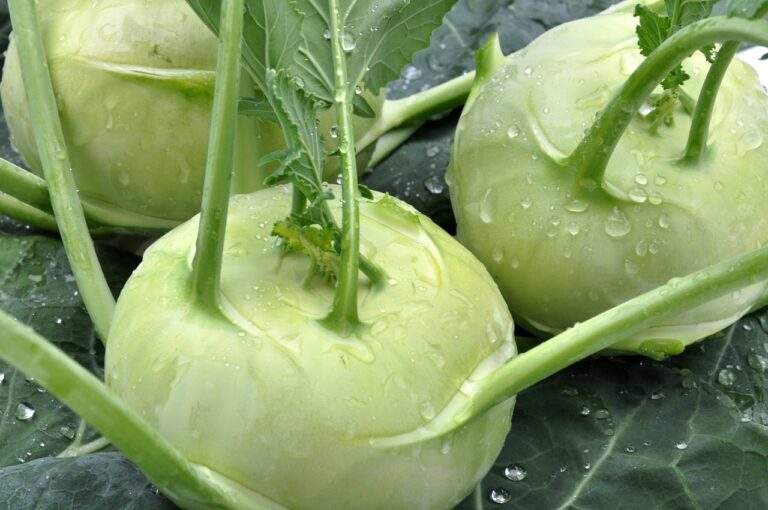The Role of Olive Oil in Celebrating Traditional Foods: 11xplay sign up login password, Laser247 com, Tiger exchange login
11xplay sign up login password, laser247 com, tiger exchange login: When it comes to celebrating traditional foods, one ingredient that plays a significant role is olive oil. Olive oil has been a staple in Mediterranean cuisine for centuries, and its unique flavor and health benefits make it a versatile ingredient that can elevate any dish. In this article, we will explore the role of olive oil in celebrating traditional foods and how it can enhance the flavors of classic recipes.
The Versatility of Olive Oil
One of the reasons why olive oil is so beloved in traditional cooking is its versatility. Olive oil can be used in a variety of ways, from saut驮g and frying to drizzling over salads and bread. Its rich, fruity flavor adds depth to dishes and can enhance the natural flavors of other ingredients.
In Mediterranean cuisine, olive oil is often used as a base for sauces, dressings, and marinades. Its high smoke point makes it ideal for cooking at high temperatures, making it perfect for grilling or roasting meats and vegetables. In baking, olive oil can be used as a healthier alternative to butter or vegetable oil, adding a subtle richness to cakes, bread, and pastries.
Olive Oil in Traditional Recipes
Many traditional recipes from Mediterranean countries feature olive oil as a key ingredient. In Italian cuisine, olive oil is used in dishes such as pasta aglio e olio, where it is combined with garlic and chili flakes to create a simple yet flavorful sauce. In Greek cuisine, olive oil is used in classics like moussaka and spanakopita, adding a distinctive taste that is both rich and fresh.
In Spanish cuisine, olive oil is used in dishes like paella and gazpacho, where it adds a smooth, velvety texture to the final dish. In Middle Eastern cuisine, olive oil is used in dishes like hummus and falafel, adding a nutty, slightly bitter note that balances out the flavors of the dish.
The Health Benefits of Olive Oil
Aside from its delicious flavor, olive oil also offers a range of health benefits. Olive oil is rich in monounsaturated fats, which are known to lower LDL cholesterol levels and reduce the risk of heart disease. It is also high in antioxidants, which can help protect the body against inflammation and oxidative stress.
Studies have shown that olive oil may also have anti-inflammatory properties and can help reduce the risk of chronic diseases such as cancer and diabetes. Additionally, olive oil is a good source of vitamin E, which is essential for maintaining healthy skin and hair.
FAQs
Q: Is olive oil suitable for all diets?
A: Yes, olive oil is suitable for most diets, including vegetarian, vegan, and gluten-free diets. However, it is high in calories and should be consumed in moderation.
Q: Can olive oil be used for frying?
A: Yes, olive oil has a high smoke point, making it suitable for frying at high temperatures. However, extra virgin olive oil is best used for low to medium heat cooking.
Q: How should olive oil be stored?
A: Olive oil should be stored in a cool, dark place away from heat and light to prevent oxidation. It is best to use olive oil within six months to a year of opening to ensure freshness and flavor.
In conclusion, olive oil plays a crucial role in celebrating traditional foods by adding flavor, richness, and health benefits to classic recipes. Whether used as a cooking oil, dressing, or finishing touch, olive oil is a versatile ingredient that can elevate any dish to new heights. So the next time you’re in the kitchen, reach for a bottle of olive oil and let its magic transform your meal.







